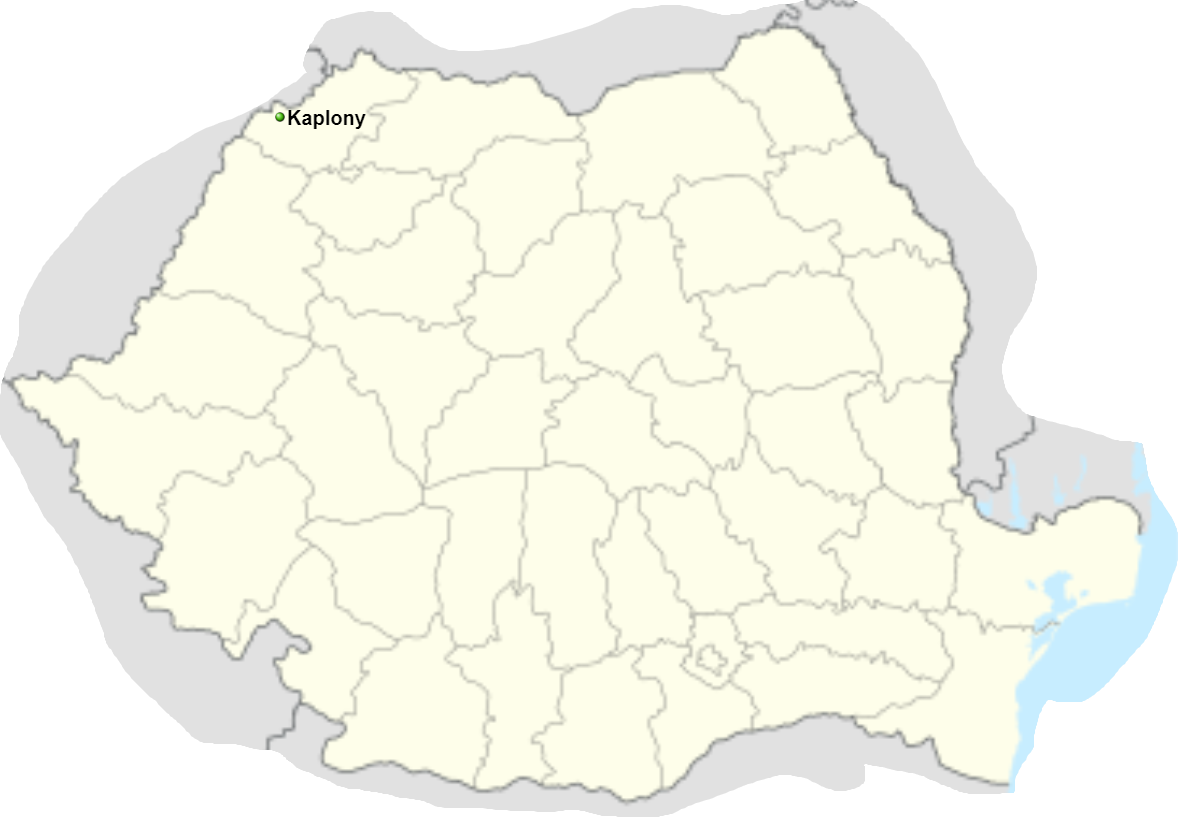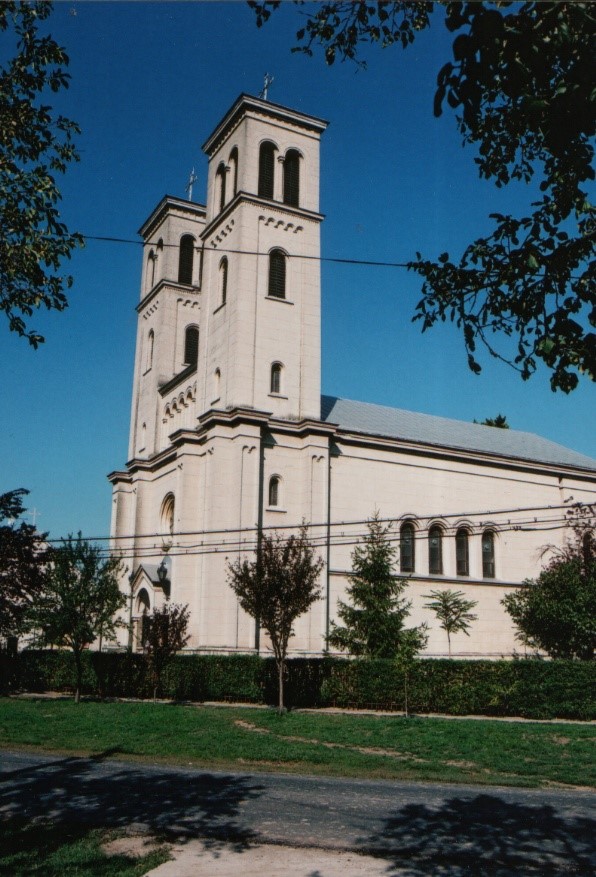Căpleni (German Kappen, Kappelau, Kaplau, Kaplan, Kaplon, Kapellan) is the village of residence of the commune of the same name in Satu Mare County, Transylvania, Romania. The village of Căpleni is located in the northwestern part of Romania, 4 km from Carei and 40 km from Satu Mare.
The name of the locality derives from the Turkish language and means “tiger”, and its history is closely related to both the history of the Ecsed mud and the neo-Roman style construction of the church built by Ybl Miklos, the most precious monument of the community. Members of the Karolyi family, who were wealthy landowners of Hungarian origin, are buried here.Among them is Karolyi Sandor, who in the 18th century (starting in 1712) brought settlers from the Baden-Wurtenberg region, the Black Forest and Lake Constance to Căpleni, a total of 127 families. Thus, Căpleni became a predominantly Swabian locality. Through the Church and the school, the Swabians were subjected to a process of Hungarianization and intense denationalization by the Hungarian administration, which was in power in Transylvania several times.
Currently, the locality counts 3200 souls, three religions, mostly Roman Catholic (they are the descendants of the Swabians), and three nationalities.



